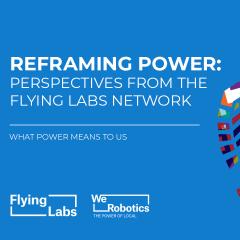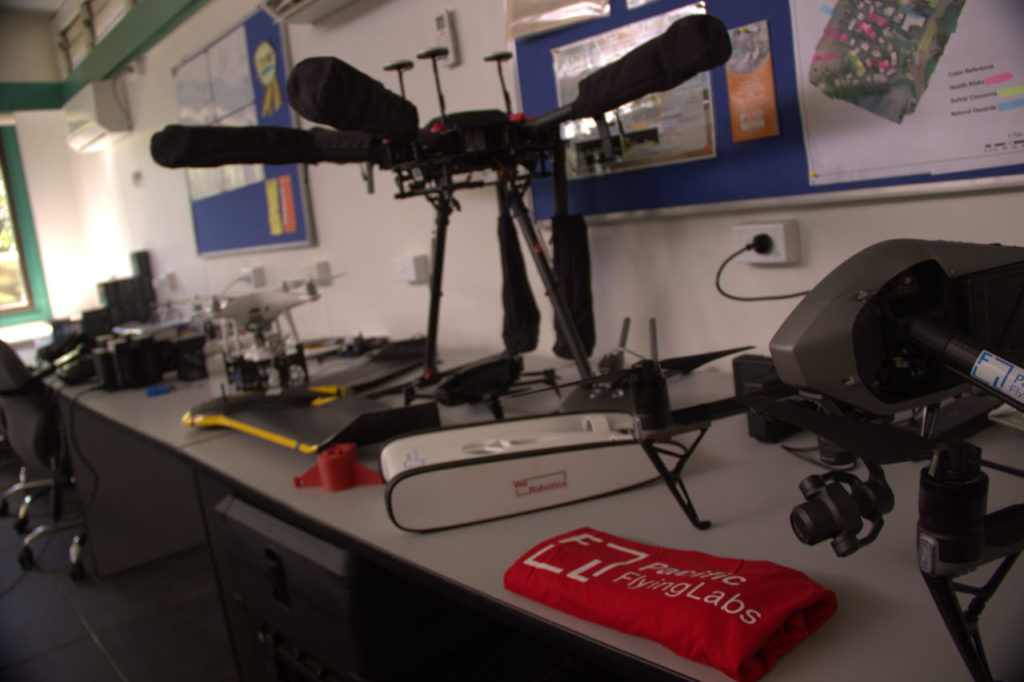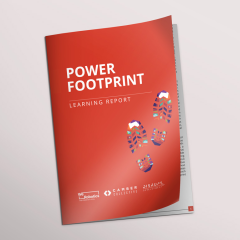
Our Strategy on Cargo Drone Projects for Public Health
July 8th, 2019


Remote, hard-to-reach communities often lack convenient, regular and affordable access to healthcare facilities, often due to the lack of traversable roads. Where roads do exist, the lack of available local transportation makes reaching remote clinics difficult. And where local transportation does exist, it’s often prohibitively expensive to use. In some cases, cargo drones can make an incredible difference to remote communities. But not always.
Here’s why.
First, cargo drones are expensive and can be complicated to use. Some are only capable of one-way deliveries, while others are still early prototypes and cannot yet be reliably deployed.
To ensure a profit, often, cargo drone companies only focus on areas with large populations. This means that smaller, rural, or more dispersed populations don’t benefit from aerial deliveries. And because some companies don’t see sufficient profit margins to operate in the Global South, they thus only operate in the world’s richest countries.
Several cargo drone companies don’t let end-users create their own local delivery businesses, thus exacerbating the digital divide. Other companies have behaved in a wholly unethical manner in the pursuit of their business interests.
All of these issues create significant hurdles.
We believe that locally-led, locally-owned cargo drone deliveries are more sustainable and more ethical. So we provide direct knowledge, technology and opportunity transfer to local experts, local engineers and local entrepreneurs who then take the lead in the use of cargo drone for public health in their own countries.
At WeRobotics, our role is to enable Flying Labs in 20+ countries across Africa, Asia, Latin American and Oceania to overcome these hurdles. We believe that locally-led, locally-owned cargo drone deliveries are more sustainable and more ethical. We enable this approach by providing direct knowledge, technology and opportunity transfer to local experts, local engineers and local entrepreneurs who then take the lead in the use of cargo drone for public health in their own countries. To ensure sustainability, we prioritize the transfer of affordable and locally repairable cargo drones. These drones are at times modified by WeRobotics to tailor them to the specific needs of Flying Labs, including engineering add-ons, as needed.
We also work with Flying Labs to incubate locally-owned and locally-managed drone businesses that offer cargo as a service. We do this through our dedicated Business Incubation Program. To date, WeRobotics and Flying Labs have already run and/or supported cargo drone projects in Brazil, Democratic Republic of the Congo, Dominican Republic, Fiji, Nepal, Papua New Guinea and Peru.
In addition to building the expertise of Flying Labs, WeRobotics field tests promising new cargo drone technologies, such as autonomous cargo boats. We also provide consultancy services for clients interested in testing new models for drone delivery and for clients who want more local cost-benefit analyses to determine the potential value-add of cargo drones.
Finally, cargo drone companies that join WeRobotics as official partners have direct access to unique opportunities across the 20+ countries in which Flying Labs operate. Flying Labs already have direct relationships with key government actors including their Civil Aviation Authorities. They are also directly connected to the local drone industry and non-governmental partners. In addition, Flying Labs can recommend local, professional drone pilots and drone engineers. As such, Flying Labs facilitate flight permissions, export/import, local logistics, training, operations and more.
To learn more about cargo drone projects at WeRobotics and Flying Labs, visit our dedicated program page. To learn more about the latest opportunities and challenges in the cargo drone space, please see our dedicated online course on the topic.
Recent Articles

